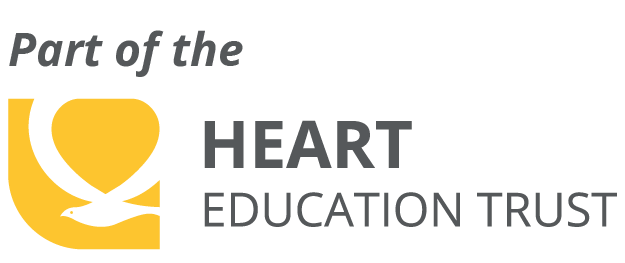
Staying
safe - online and offline


Please find below some links to various resources to help pupils keep safe, both on and offline.
Pupil support
- Child Line
- The Samaritans
- Mind.org
- Thinkuknow provides advice from the National Crime Agency (NCA) on staying safe online
- Parent info is a collaboration between Parentzone and the NCA providing support and guidance for parents from leading experts and organisations
- Childnet offers a toolkit to support parents and carers of children of any age to start discussions about their online life, to set boundaries around online behaviour and technology use, and to find out where to get more help and support
- Internet matters provides age-specific online safety checklists, guides on how to set parental controls on a range of devices, and a host of practical tips to help children get the most out of their digital world
- London Grid for Learning has support for parents and carers to keep their children safe online, including tips to keep primary aged children safe online
- Net-aware has support for parents and carers from the NSPCC, including a guide to social networks, apps and games
- Let’s Talk About It has advice for parents and carers to keep children safe from online radicalisation
- UK Safer Internet Centre has tips, advice, guides and other resources to help keep children safe online, including parental controls offered by home internet providers and safety tools on social networks and other online services
- NSPCC Online Safety


E-safety
E-safety is often defined as the safe and responsible use of technology. This includes the use of the internet and also other means of communication using electronic media (eg text messages, gaming devices, email etc).
In practice, e-safety is as much about behaviour as it is electronic security. E-safety in this context is classified into three areas of risk:
- Content: being exposed to illegal, inappropriate or harmful material
- Contact: being subjected to harmful online interaction with other users
- Conduct: personal online behaviour that increases the likelihood of, or causes, harm.
Why is E-safety important?
The internet is now an integral part of all our lives. In the UK, 90% of the population report to use the internet more than once a day. Online safety or e-safety as it is also known, is important in making sure all users, both adults and children feel safe, secure and confident when engaging with and accessing online content.
Where can I get help?
If you have concerns or questions regarding E-safety, there are a large number of resources available to you.
Four of the leading sites are:
You can also contact us and we will always do our best to provide you with any advice, or get you in contact with the correct person to help.








